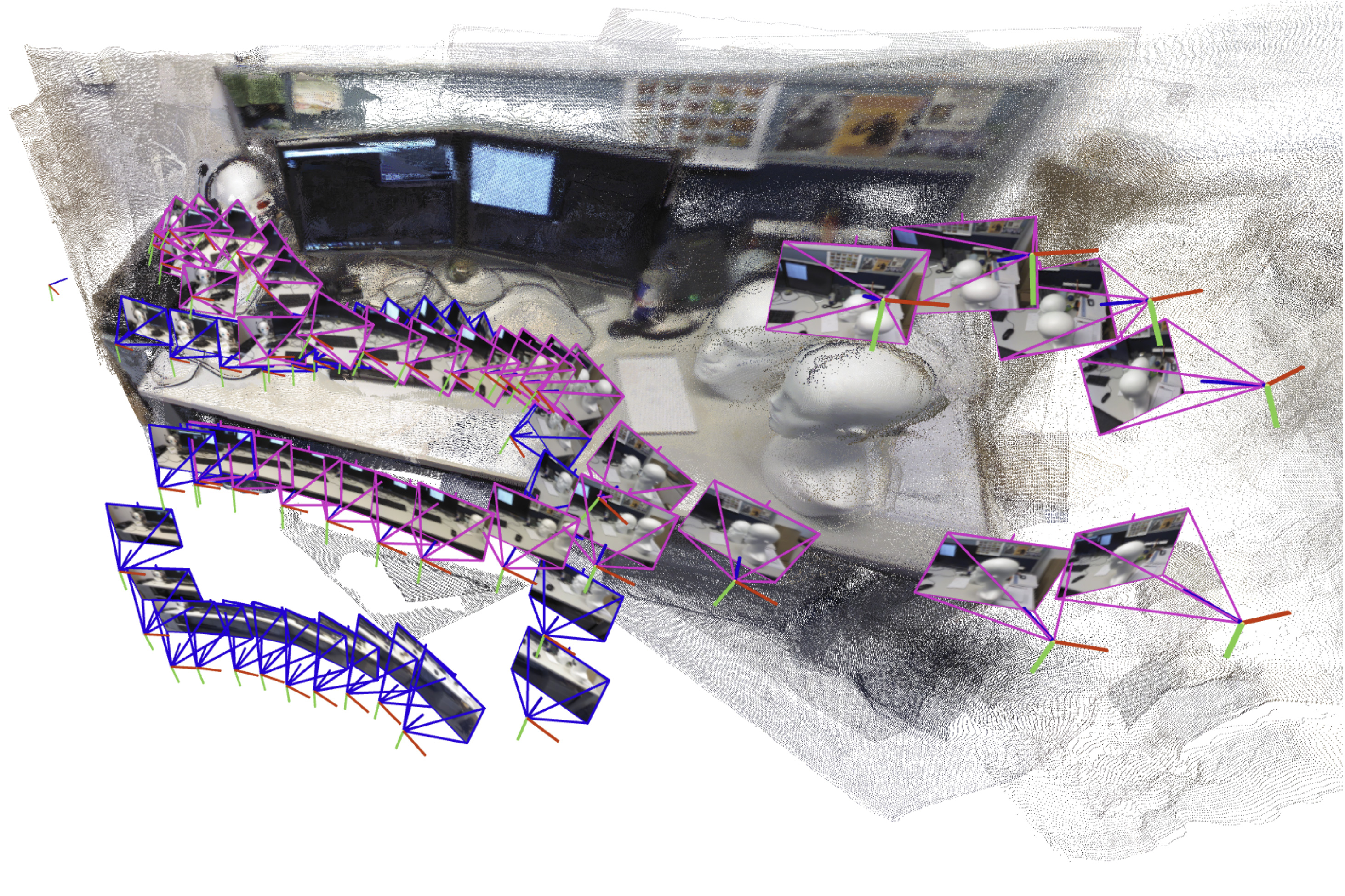The Untapped Risk of Water Management in Sustainability
NeutralArtificial Intelligence

The Untapped Risk of Water Management in Sustainability
The article discusses the often-overlooked risks associated with water management in the context of sustainability. It highlights how effective water management is crucial for addressing climate change and ensuring the availability of resources for future generations. This topic is important as it sheds light on the interconnectedness of water resources and environmental sustainability, urging stakeholders to prioritize water management strategies.
— via World Pulse Now AI Editorial System

